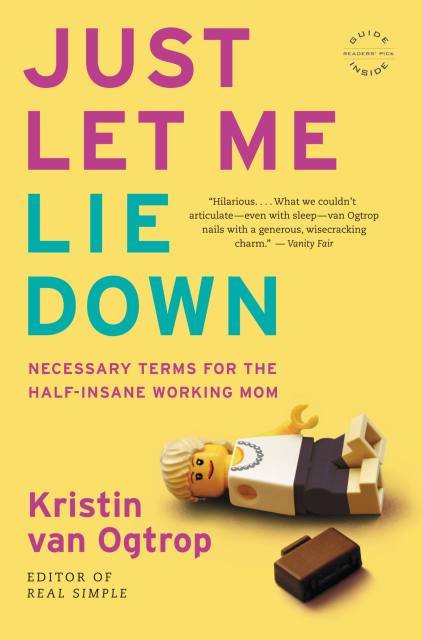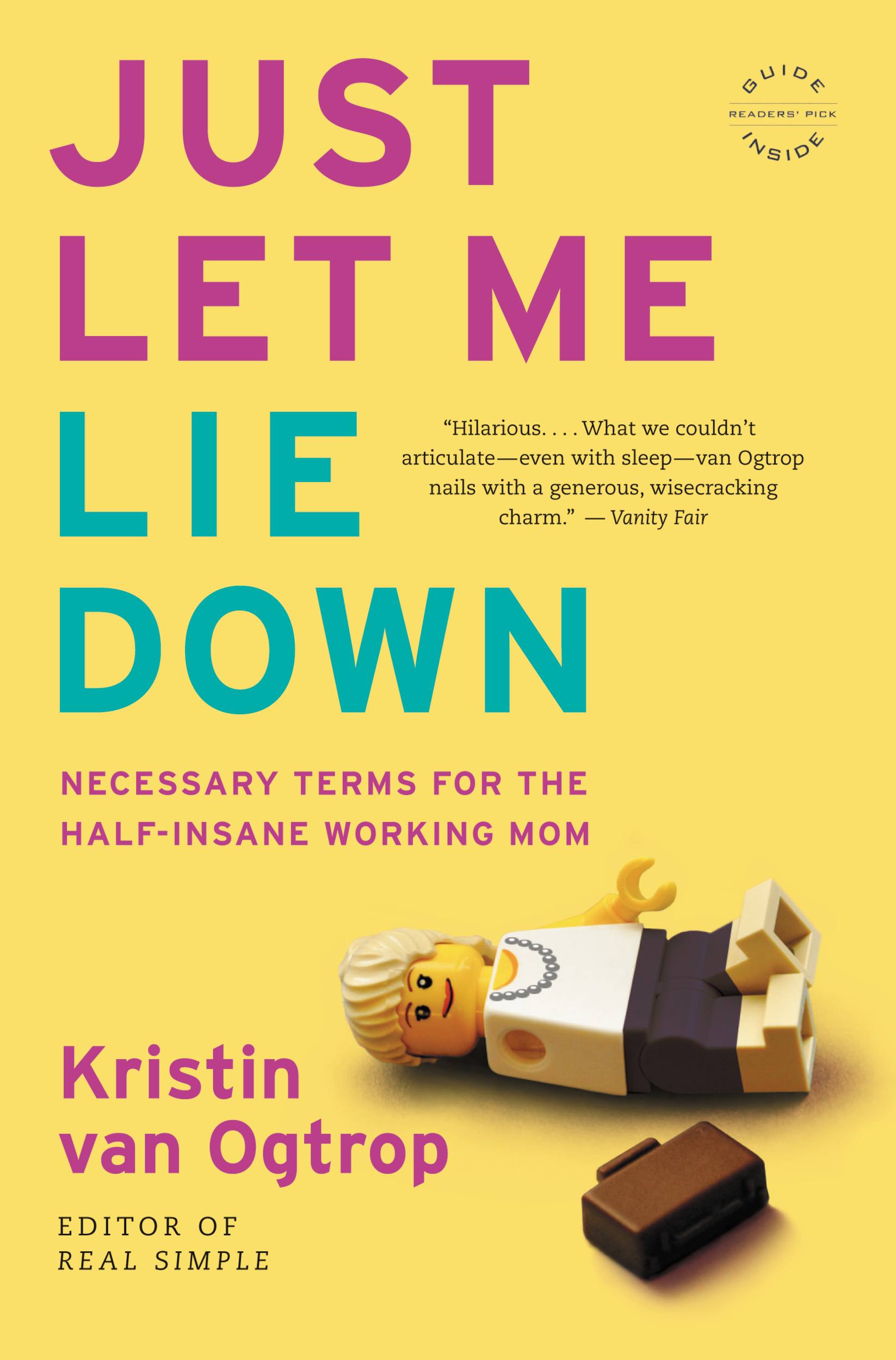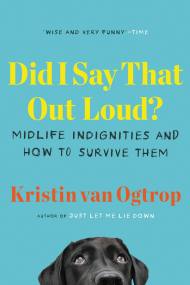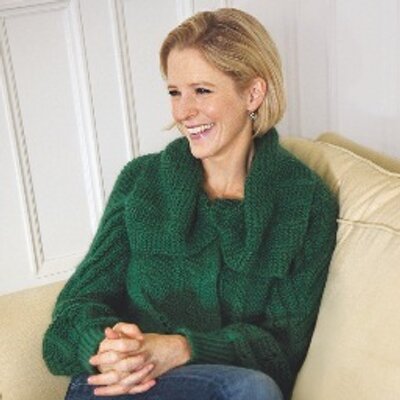By clicking “Accept,” you agree to the use of cookies and similar technologies on your device as set forth in our Cookie Policy and our Privacy Policy. Please note that certain cookies are essential for this website to function properly and do not require user consent to be deployed.
Just Let Me Lie Down
Necessary Terms for the Half-Insane Working Mom
Contributors
Formats and Prices
- On Sale
- Apr 1, 2010
- Page Count
- 288 pages
- Publisher
- Little Brown Spark
- ISBN-13
- 9780316088541
Price
$7.99Price
$9.99 CADFormat
Format:
- ebook $7.99 $9.99 CAD
- Trade Paperback $21.99 $28.99 CAD
This item is a preorder. Your payment method will be charged immediately, and the product is expected to ship on or around April 1, 2010. This date is subject to change due to shipping delays beyond our control.
Buy from Other Retailers:
Kristin van Ogtrop knows she’s lucky-fulfilling career, great husband, three healthy kids, and, depending on the hamster count, an impressive roster of pets. You could also say she’s half-insane, but name one working mom who isn’t.
Using stories and insights from her own life, van Ogtrop offers a lexicon for working moms everywhere. Terms and concepts illustrate the highs (kids who know where their soccer cleats are, coworkers who don’t hit “Reply All,” dogs who helpfully eat whatever falls from the table) and the lows (getting out of the house in the morning, getting along with everyone at the office, getting willful kids into bed) of balancing work and family.
Filled with amusing and resonant observations, Just Let Me Lie Down establishes van Ogtrop as the Erma Bombeck of the new millennium.
Using stories and insights from her own life, van Ogtrop offers a lexicon for working moms everywhere. Terms and concepts illustrate the highs (kids who know where their soccer cleats are, coworkers who don’t hit “Reply All,” dogs who helpfully eat whatever falls from the table) and the lows (getting out of the house in the morning, getting along with everyone at the office, getting willful kids into bed) of balancing work and family.
Filled with amusing and resonant observations, Just Let Me Lie Down establishes van Ogtrop as the Erma Bombeck of the new millennium.
Newsletter Signup
By clicking ‘Sign Up,’ I acknowledge that I have read and agree to Hachette Book Group’s Privacy Policy and Terms of Use







